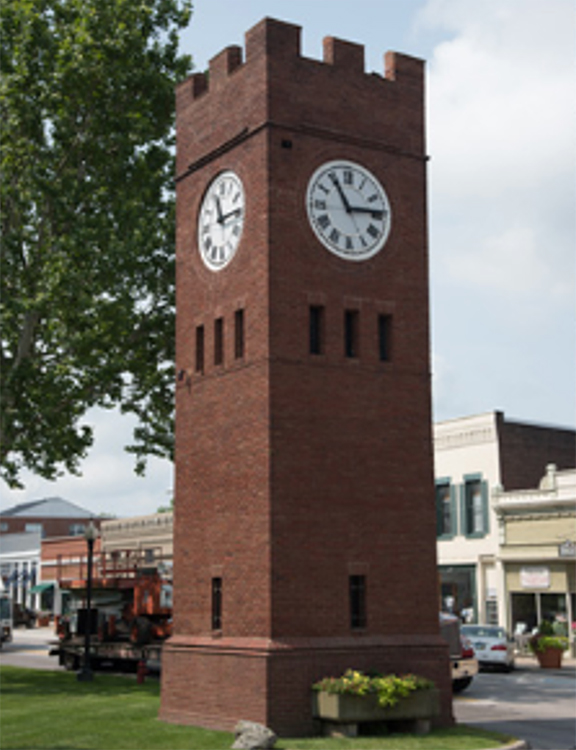Thurs, Nov 13, 7:00pm at Barlow Community Center. Dr. Megan Shaeffer discusses the history and archaeology of Wood Hollow Metro Park
HHA Explores The Motivations Behind James Ellsworth’s Philanthropy
Attendees at the April 14 general meeting of Hudson Heritage Association will get a glimpse into a largely unknown facet of the life of Hudson benefactor and native son James Ellsworth when three Western Reserve Academy seniors present the evening’s program: “The Tale of Two Cities – Hudson, Ohio and Ellsworth, Pennsylvania.”
The April 14 meeting is free and open to the public and begins at 7:30 p.m. at Barlow Community Center.

Born in Hudson in 1849, James William Ellsworth was the son of Edgar Birge Ellsworth and Mary Holden Dawes Ellsworth. His father ran a general store in the building still located at the corner of Division and East Main Streets facing the Hudson Green. After attending Western Reserve College (now Western Reserve Academy), James left Hudson to begin a career in business. After a short stint in Cleveland, he moved to Chicago, and soon became a major coal dealer and distributor. In 1892, the Ellsworth Coal Company founded the town of Ellsworth, Pennsylvania, designed to serve as a coal mining operation for the company.
Ellsworth enjoyed enormous financial success in his business endeavors and supported numerous philanthropic undertakings, including support for the 1893 Columbian Exposition in Chicago. Throughout his career, Ellsworth maintained his ties to Hudson. In 1890, Ellsworth converted the family’s farm located on Aurora Street into a country estate called “Evamere,” named after his deceased first wife and the mother of Lincoln Ellsworth and his sister Clare. Although the main house was demolished and the estate subsequently subdivided and sold for housing, remnants of Evamere remain in the estate’s gatehouse and portions of its stone walls, which can be seen on Aurora Street near Hudson Street.
Evamere was only one of many properties Ellsworth owned, including homes in London, Switzerland and New York. A villa he purchased and restored in Florence, Italy, served as his primary residence for the remainder of his life.
In 1907, Ellsworth retired and returned to Hudson, and found the town suffering from a deep financial decline and the closure of Wester Reserve Academy. Hudson’s streets were not paved, there was no electrical service, and no water or sewer service. Ellsworth stepped forward to fund those improvements and others, including reopening WRA, asking in return that the town prohibit the sale of alcohol and work together to improve the community. Hudson’s success today is largely a reflection of Ellsworth’s enormous infusion of personal philanthropy. The fate of Ellsworth, Pennsylvania, was far less fortunate. Today, the town is a shell of its former coal mining days, with a population of less than 1,000. With an introduction by Dr. Nicholas Kent, Associate Head of School at Western Reserve Academy and HHA board member, WRA seniors Zach Hart, Catherine Walker and Annie Cui will lead the April 14 HHA meeting and examine this paradox, along with the factors that may have led Ellsworth to make the decisions he made about the use of his vast wealth.